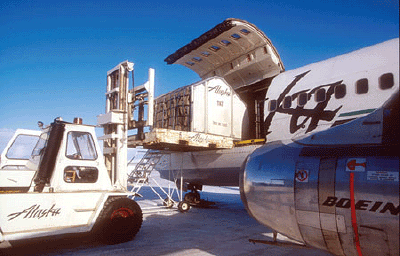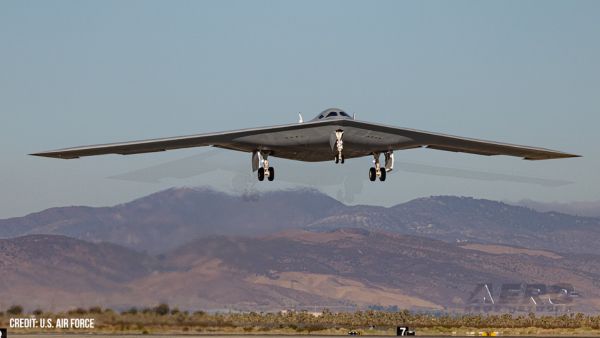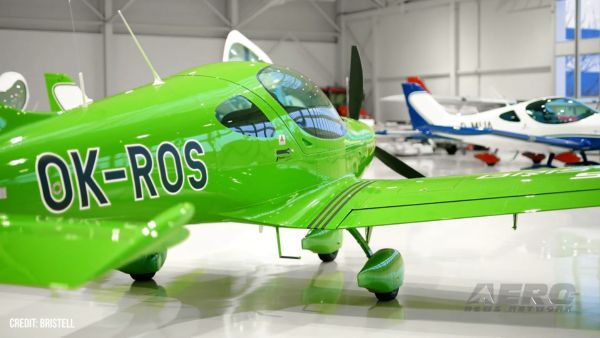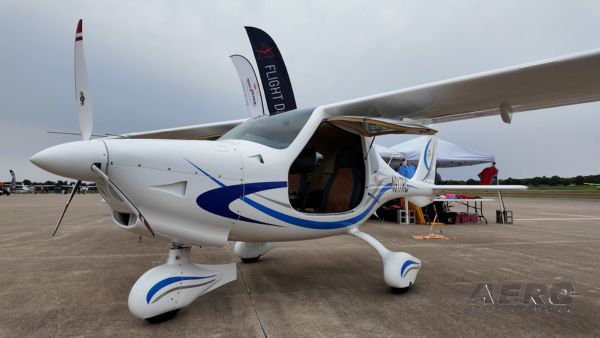Mon, Nov 15, 2004
Advertisement
More News
 NTSB Prelim: Lancair NLA-275-FR-C
NTSB Prelim: Lancair NLA-275-FR-C
About 2132 And At 11,800 Ft MSL, The Airplane Began A Rapid Right Spiraling Descent On August 18, 2025, about 2133 central daylight time, a Lancair NLA-275-FR-C airplane, N345LA, w>[...]
 ANN's Daily Aero-Linx (09.12.25)
ANN's Daily Aero-Linx (09.12.25)
Aero Linx: The Collings Foundation The Collings Foundation is a non-profit, Educational Foundation (501(c)3), founded in 1979. The purpose of the Foundation is to preserve and exhi>[...]
 Aero-News: Quote of the Day (09.12.25)
Aero-News: Quote of the Day (09.12.25)
"This first FAA certification enables us to address the pilot shortage crisis with modern training solutions. Flight schools need alternatives to aging fleets with 40-year-old desi>[...]
 ANN's Daily Aero-Term (09.12.25): North Atlantic High Level Airspace (NAT HLA)
ANN's Daily Aero-Term (09.12.25): North Atlantic High Level Airspace (NAT HLA)
North Atlantic High Level Airspace (NAT HLA) That volume of airspace (as defined in ICAO Document 7030) between FL 285 and FL 420 within the Oceanic Control Areas of Bodo Oceanic, >[...]
 Aero-News: Quote of the Day (09.13.25)
Aero-News: Quote of the Day (09.13.25)
“HITRON embodies the Coast Guard’s spirit of innovation and adaptability. From its humble beginnings as a prototype program, it has evolved into a vital force in our co>[...]
blog comments powered by Disqus





